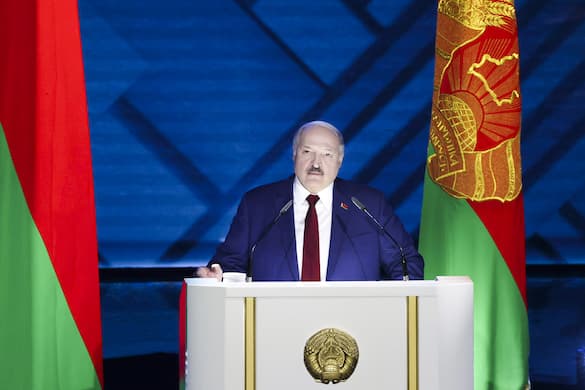
Alabama Lawmakers Consider Bill That Would Make It a Felony To Intentionally Disrupt a Church Service
By BRADLEY CORTRIGHT
|A referendum will provide Russia with the legal framework to station nuclear weapons on Belarusian soil.

Already have a subscription? Sign in to continue reading
$0.01/day for 60 days
Cancel anytime
By continuing you agree to our Privacy Policy and Terms of Service.

By BRADLEY CORTRIGHT
|
By WILL FRIEDWALD
|
By NOVI ZHUKOVSKY
|
By NOVI ZHUKOVSKY
|
By DANIEL EDWARD ROSEN
|
By MATTHEW RICE
|
By JOSEPH CURL
|
By BRADLEY CORTRIGHT
|